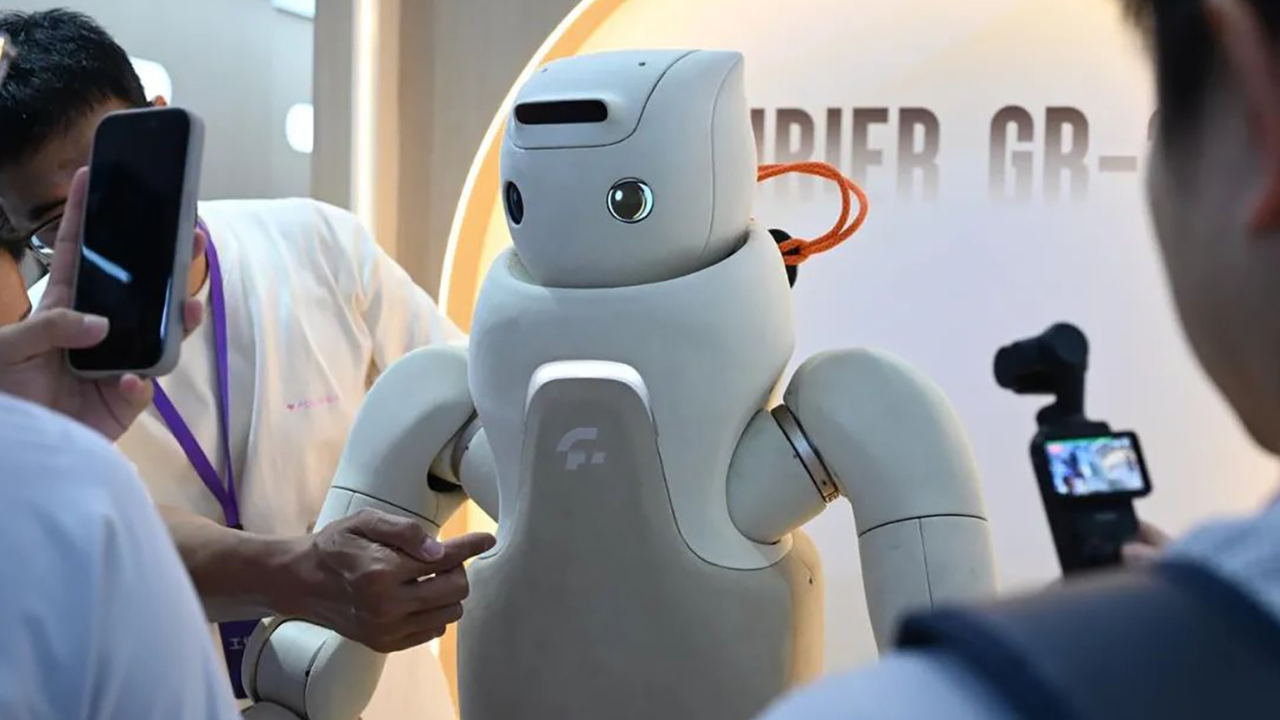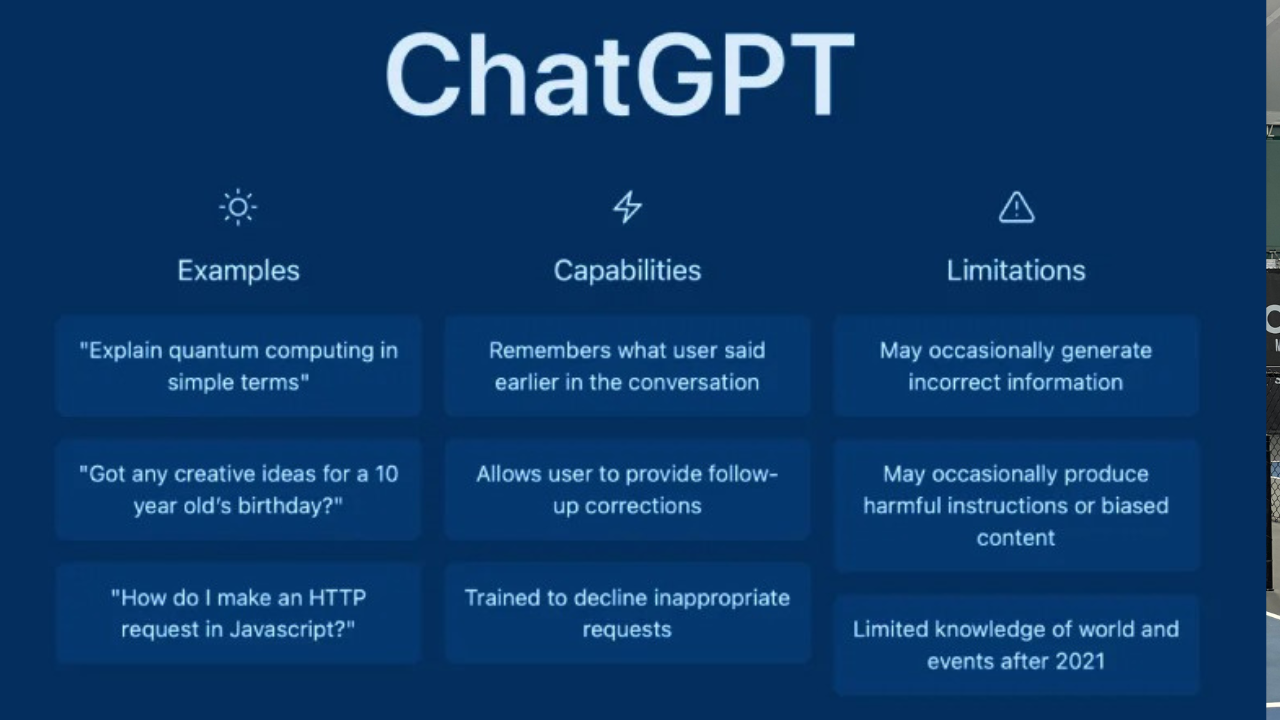David Bennett expects his team to exhibit superpowers
By Kevin Gale
David Bennett initially was given mundane tasks such as swapping out computer tapes at his father’s tech company, but his fast work gave him time to devour technical manuals.
No wonder then, at age 14, he thought it would be fun to guess the password for a vacationing systems administrator and play with the system. (By the way, it’s not a good idea to use your name spelled backward as your password.)
Then there was the time he dropped an $800 printer while running down the stairs. He disassembled it, bent the frame back in place and got it running again. Never mind that there were parts left over. He laughs about how his dad later rented the printer to a client for four years for $50 a month.
At 15, Bennett overheard his father talking with client Stadler Real Estate in Coral Gables. The network had gone down and his dad was in a pinch with his senior engineer unavailable.

“I can fix that,” Bennett told his father, who said, “Are you sure?” “Absolutely!” was the response.
Bennett’s father drove him there and was asked, “Is this bring your kid to work day?”
Bennett fixed it in 15 minutes. “I had saved the day and I felt good about it,” he says.
These days, Connections for Business has 20 employees, and Bennett is all about efficiency when it comes to his organization or his clients.
Rather than just solve a particular problem, Bennett likes to focus on eliminating problems systematically for clients.
“Now, my people have more time to spend with your team about what your dreams and problems are,” he says. “That’s what I preach to my people here.”
He learned early in his career that technical feats such as rolling out a Citrix server in 4½ hours instead of 20 also are a good business strategy.
By the time he graduated from high school, he was selling about $500,000 in products and services. That number hit $750,000 when he was studying math at Barry University—he chose the major after finding computer course work at universities was too focused on aging technology, he says.
Early in his career, a lot of the sales involved replacing hardware—“All the hardware was crappy and broke,” he says. However, he found his passion wasn’t replacing motherboards but putting together systems and making technology relevant to customer needs. Hardware still has its place but, these days, solutions often are more focused on cloud computing, which Bennett simply translates as “it means not in my building.”
The real computing is not happening on a browser, it’s happening on servers at places such as Salesforce.com, he says. “Why should I invest in an accounting package when I can buy an accounting package in the cloud?”
Connections for Business helps customers by doing a gap analysis. The basic question is where they want to be vs. where they are now.
On the morning of the interview with SFBW, Bennett visited a 14-year customer who has a small factory making wafers for semiconductors. Ten years ago, the client was doing $1.2 million in revenue with 23 employees. Now, it’s doing $3 million with seven people.
“That’s a perfect example of how we can make something more efficient,” Bennett says.
He’s seeing entire industries shift from legacy products to subscription models where features and improvements come out every month or two months. Companies that take advantage become more efficient and can provide a better price point for customers.
The question he asks is, “Am I building businesses that are statues, or living art like trees that grow and morph?”
He also relishes doing things differently, whether it’s hiring a landscaper to redo his yard in a unique fashion—he gets upset if he sees the same approach in someone else’s yard—or coming up with superhero characters for his advertising.
Take a look at every IT website and they all look the same if you don’t see the logo, he says.
He came up with the idea for cartoon characters, he says, adding, “I fought for it. A lot of people said it was stupid.”
The characters represent various attributes. For example, Sir Speedy is about speeding up productivity while Ms. Shields is about security.
Bennett, who took over running the company from his father in his mid 30s, says his team has the ability to both speak geek and plain English with customers. Some tech people need to be kept in a cave and thrown raw meat, he jokes. That may be just fine for someone who works on a help desk or takes a whack-a-mole approach to solving problems.
He wants his team to be like the Justice League for technology as his characters suggest. Admitting that some might say the notion sounds childish, Bennett is serious when he says, “I firmly believe we have superpowers.” ↵














